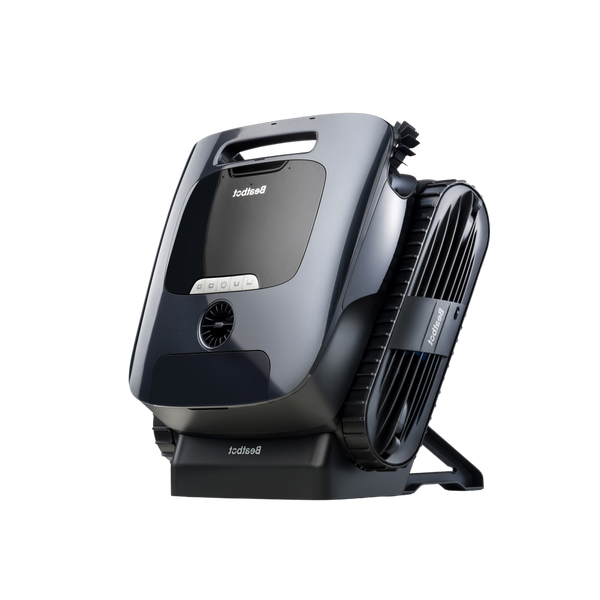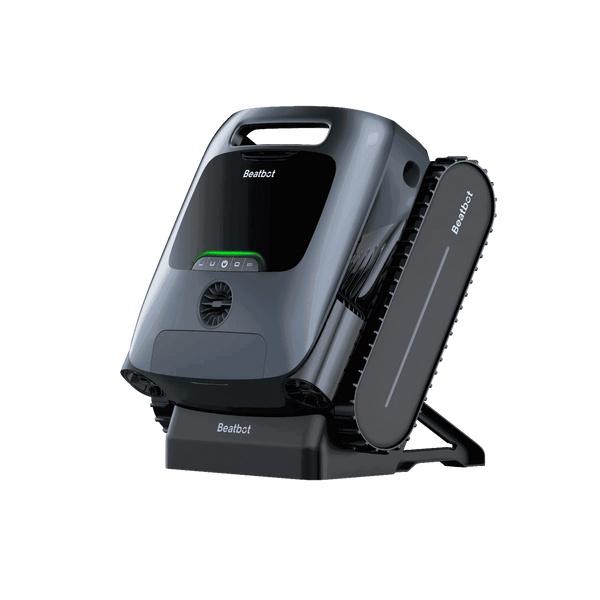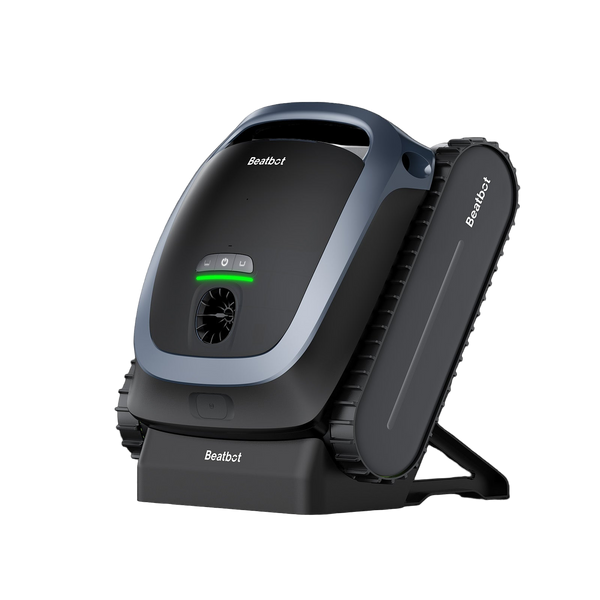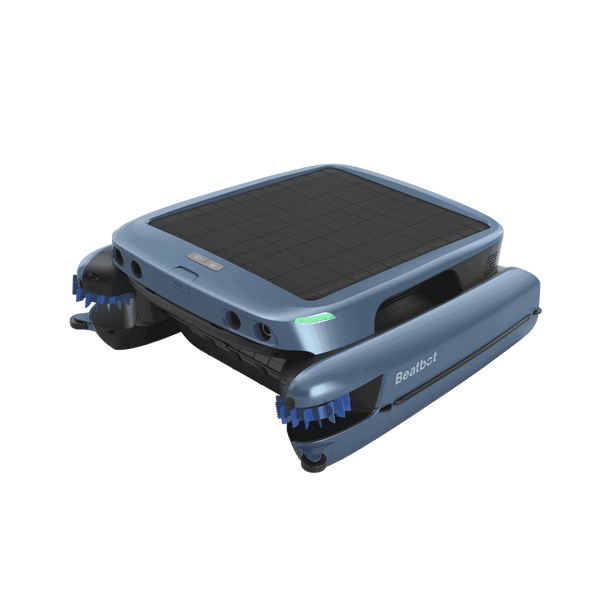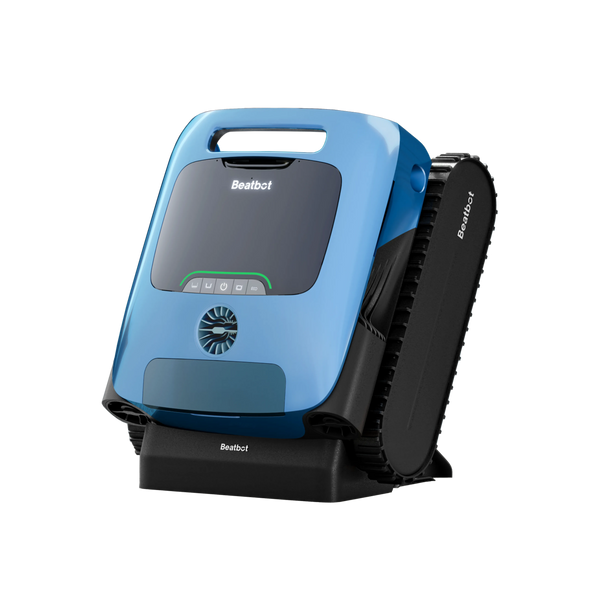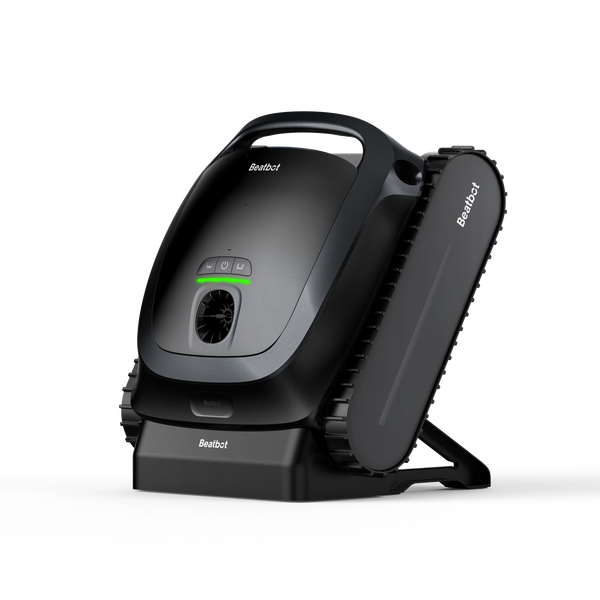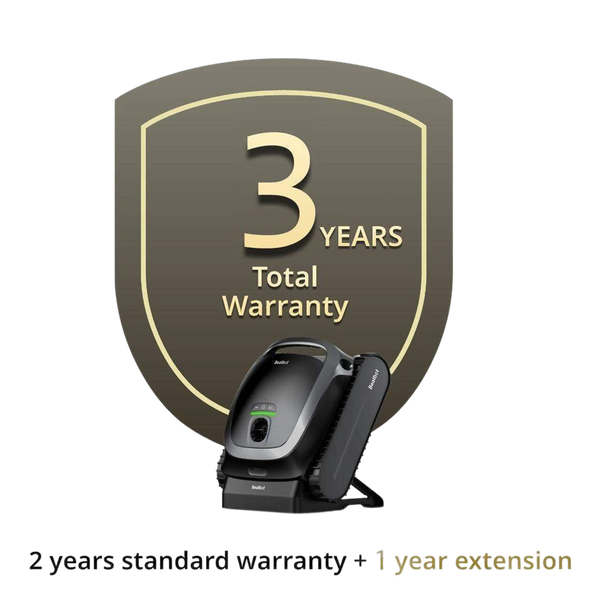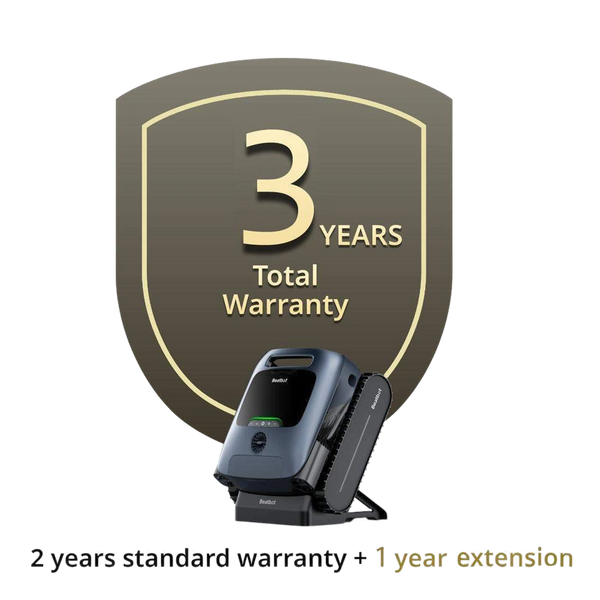How to Store and Protect Your Pool Equipment Properly
Ever added up how much your pool gear costs? From that high-end pump to those premium testing kits, you're looking at thousands sitting right there on your equipment pad. But here's the thing - storing this stuff right doesn't just save you money. It keeps your pool running smooth when you need it most.
Table of content

The Real Cost of Poor Storage
Think your equipment's invincible? Tell that to the pool owner who just dropped $2,000 on a new pump because their old one froze last winter. Or the one replacing their salt cell way too early because it got cooked in the summer heat.
Let's get real about what's at stake:
Your pump? That's easily a grand. Add another $600 for a decent chlorinator. Test kits, cleaning tools, and those specialty items you've collected - they add up fast. Proper storage protects this investment while dodging those panic-buy moments when something fails.
Harsh weather beats up exposed equipment fast. Sun cracks plastic, moisture corrodes metals, and freezing temps split pipes. But damage isn't always dramatic. Sometimes it's the slow kill - like that automation panel slowly cooking in the summer heat, or those rubber seals quietly degrading in the cold.
Picking the Perfect Storage Spot
Know what kills pool equipment faster than anything? Picking the wrong storage spot. Your ideal space needs three things: it stays dry, keeps a steady temperature, and you can actually reach your stuff when needed.
Indoor Storage Winners
Your garage or shed tops the list, but not just any corner will do. Pick a spot away from water heaters and laundry areas - humidity is not your friend. Got a basement? Perfect, as long as it's not damp. The key is finding a place where temperature swings won't wreck your gear.
Outdoor Solutions That Work
No indoor space? Build a weatherproof cabinet. Make it sturdy, make it lockable, and most importantly - make it waterproof. Skip the cheap plastic units - they crack under sun exposure. Cedar or treated lumber works great, just add proper ventilation to prevent moisture buildup.
Need specific dimensions? Plan for about 40 square feet minimum. This gives you room to organize without cramming everything together. Remember - packed equipment equals trapped moisture equals expensive replacements.
Clean Before You Store
Skip this step and you'll regret it later. That layer of gunk on your equipment? It's not just dirt. Pool chemicals leave residue that eats through metal and plastic over time.
Here's what works: Mix a solution of mild dish soap with warm water for basic cleaning. But don't stop there. Your automatic cleaner needs special attention - those tracks collect debris that can harden like cement. Pull apart the moving parts and flush everything with fresh water.
For salt cells and chemical feeders, white vinegar works magic on mineral buildup. Soak them for an hour, scrub gently, and rinse thoroughly. Skip the wire brushes though - they'll scratch the plates and create perfect spots for scale to grow.
Storage Conditions That Save Equipment
Your storage space makes or breaks your equipment's lifespan. Think of it like your pool's chemistry - get the balance right, and everything runs smooth.
Heat and cold kill pool equipment fastest. Your sweet spot? Keep the temperature between 50-85°F. Humidity should stay below 60% - grab a cheap humidity meter and check it monthly. Above that, you're asking for trouble.
Sunlight destroys plastic faster than anything else. Even through windows, UV rays break down equipment covers and housings. Dark spaces work best, but if that's not possible, throw a light-blocking tarp over sensitive items.
Smart Ways to Store
Wall Space is Your Friend
Mount some heavy-duty hooks and suddenly you've got perfect storage for:
- Pool poles (hang them horizontal to prevent warping)
- Leaf nets and brushes (rinse first, hang to dry)
- Vacuum hoses (coil loosely - tight coils create weak spots)
Container Logic
Clear bins save time and hassle. Label everything. Group similar items together:
- Test kit supplies in one container
- Spare parts and o-rings in another
- Small tools and cleaning supplies where you can grab them quick
Remember those silica gel packets you usually toss? Toss a few in your storage bins. They'll pull moisture away from metal parts and prevent rust.
Winter-Ready Your Equipment
Winter storage goes beyond just draining water. Those hidden moisture spots inside your equipment turn deadly when frozen, cracking expensive gear from the inside out. Most pool owners miss the crucial details here - like those tiny water droplets trapped in pump housings.
Start with your pump and filter. Pull those drain plugs, but don't just toss them in a drawer. Grab a zip bag, tape it right to the equipment. Next season, you won't waste hours searching for them. Your heater needs extra attention, especially those copper lines. One quick blast with compressed air pushes out invisible water that could cost you thousands in repairs.

Keep Track of Your Investment
Equipment tracking sounds boring until you're trying to remember where you stored that specialty part or which wire connects where. The pros use a simple but effective system. Mark major equipment with bright paint or tags - it might look strange, but it works.
Create a basic log of your equipment's vital info. Include serial numbers and replacement dates for major parts. Before disconnecting anything complicated, snap a few photos. Come spring, you'll have a clear guide for reassembly instead of a frustrating puzzle.
Stay Alert During Storage
Equipment storage isn't set-and-forget. Quick monthly checks prevent major headaches. Watch for water leaks near stored equipment - they start small but turn costly fast. Caught early, most issues need simple fixes. Found some moisture? A few hours with a fan usually solves it.
Pest problems need immediate attention. Mice love making homes in stored pool equipment, and they'll chew through expensive wiring without hesitation. Keep your storage area sealed and check regularly for unwanted visitors.
Your Equipment's Future
Think of proper storage as an investment in your pool's future. Every piece of equipment you protect now means money saved down the road. Those few extra minutes spent on proper storage prevent those painful emergency replacement bills nobody wants to pay.
Pool equipment represents a significant investment. Treat it right during storage, and it'll serve you reliably for years. Start improving your storage system today - focus on one area at a time. Your future self will thank you when pool season rolls around again.
Relative Blogs
About the author

